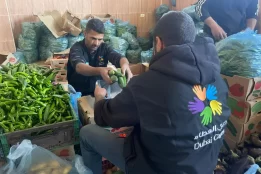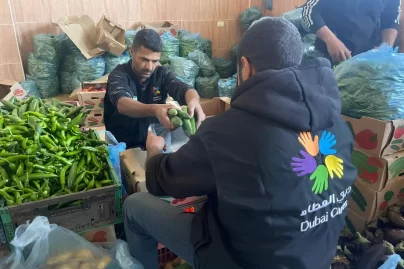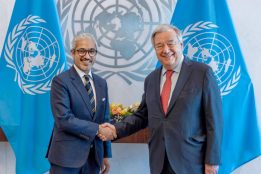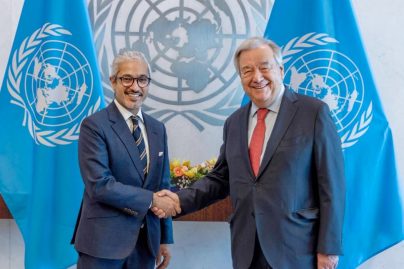#Tolerance: 9th Indo-Pak Peace Calendar 2021 launched by Pakistani and Indian School Students, Youths, Peace demanding citizens to foster friendship and peace.
Mon 22 Feb 2021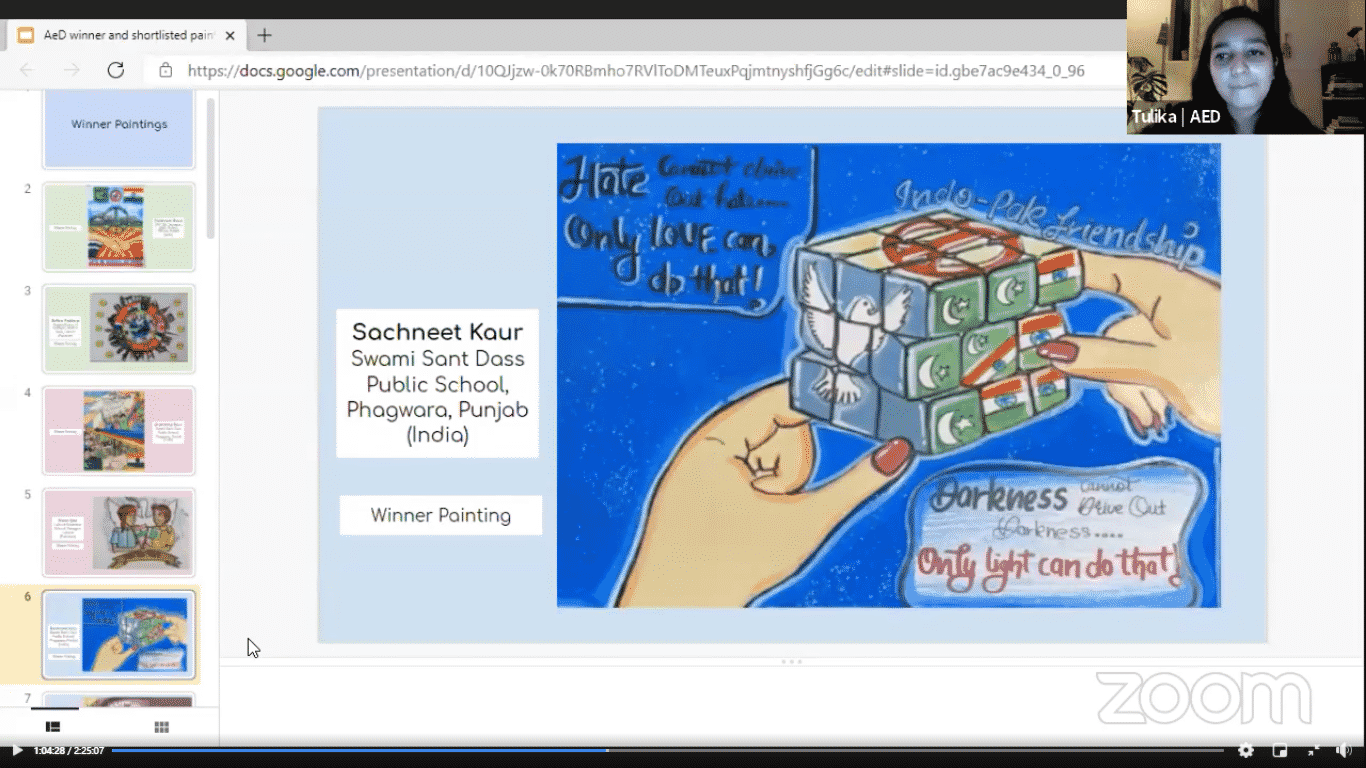
New Delhi/Karachi: 21 Feb 2021 – The 9th Indo-Pak Peace Calendar 2021 is launched online today by Aaghaz-e-Dosti, an Indo-Pak Friendship Initiative that works voluntarily on fostering people to people relations between India and Pakistan, primarily through peace education activities. This year, Aaghaz-e-Dosti collaborated with Tehrik-e-Niswan for the peace calendar. More than 200 Indian and Pakistani citizens comprising from all walks of life participated and it was wondering to see that students as young as nine years old to peace-loving citizens as old as ninety-three old advocated peace and enjoyed the session together. For many among them, this was their first such experience to interact and participate with someone from across the border. This diverse participation enjoyed not only important words by esteemed speakers and few eminent participants, but also from school teachers and young students. The program ended with beautiful couplets of Bulleshah. The calendar is designed by Kushal PG along with Shruti Achesh.
This peace calendar is a collection of selected paintings of Pakistani and Indian school students along with messages from 12 renowned persons from both countries who favor Indo-Pak Peace. Owing to COVID19, the launch was shifted online – which encouraged bringing together of speakers, students, and audiences from both sides, something that was not possible in the physical world owing to visa issues.
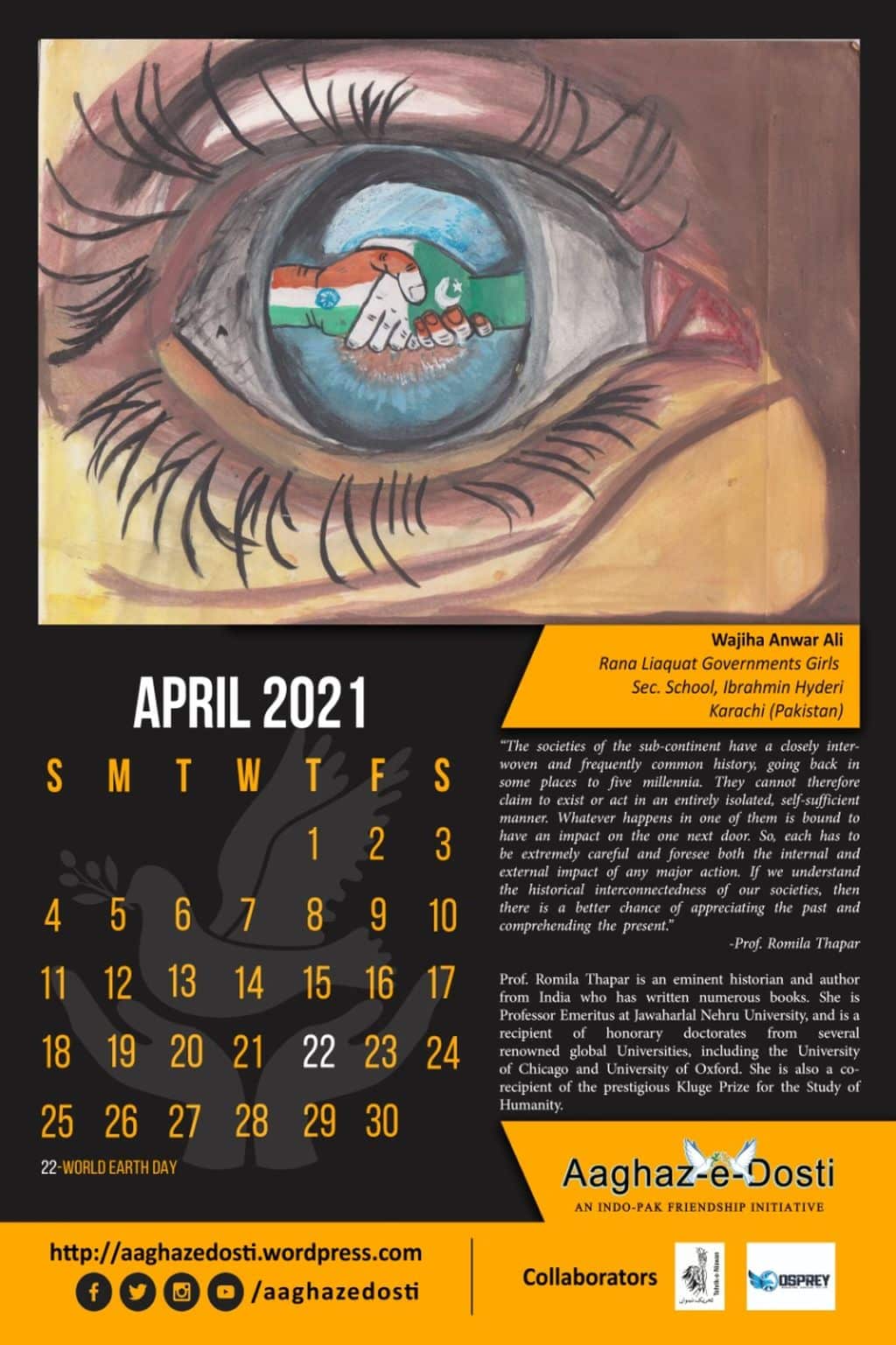
While speaking on the occasion, founder of Tehrik-e-Niswan Pakistan, Ms. Sheema Kermani warmly reminisced her dance and theatre tours in India. She focused on the importance of cultural exchanges, through art, music and travel and spoke from her own experience how impactful that was. In her own words, she admired the efforts of young students and encouraged them to adopt art for a positive change in society.
Prof. Saleem Kidwai, a former professor in JNU, India and academic advisor in George Washington University of Peace, stressed on the importance of a liberalised visa policy. He shared anecdotes about how visa to each other’s countries often involves bureaucratic hurdles and painful rejections. He talked about how often his students, when they meet fellow Pakistanis or travel to Pakistan, are amazed at the differences in the stereotype that media feeds them and the real Pakistani people. In an extremely light manner through stories, he effectively conveyed that the conflict between both countries is essentially owing to a lack of interaction between its people.
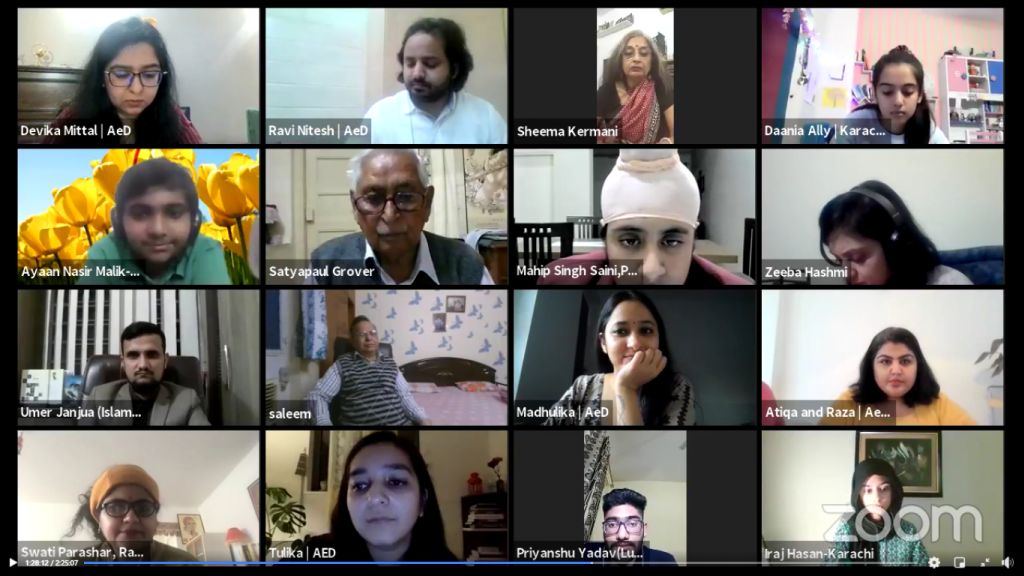
This was an event where young minds spoke their heart. Paintings displayed of students expressed emotions of peace and friendship. A student Sachneet kaur from India expressed how the relations between two sides are just a puzzle that can be solved beautifully with patience while another student Iraj Hasan from Pakistan expressed how being a cricket fan, he see that how cricket can be a medium to foster peace. Daim Samuel, a Pakistani student told that he wish to see friendship and to meet friends on other side. Hannia from Pakistan and Taranpreet from India expressed by paintings hands meeting each other and forming shape of dove, a symbol of peace. And many such other expressions.
‘At a time when Indo-Pak relations are turbulent and facing tide and ebb journey between the political establishments on both sides, students of Pakistan and India expressed their desire for peace through this peace calendar. This is something we need to recognise as a demand from the young community in both countries where youths are of majority in population and their secured, safe, and peaceful future should be in the agenda of both sides of governments. The students whose paintings were selected as winning or runner up paintings also expressed this desire while expressing their paintings to an audience that consisted of students, peacebuilders, educationists from both sides of the border as well as from across the globe.’ Said Ravi Nitesh, Founder of Aaghaz-e-Dosti initiative.
Raza Khan, Convener of Aaghaz-e-Dosti (Pakistan) said that ‘Aaghaz-e-Dosti aims to create unwavering bonds of peace and friendship between India and Pakistan and seeks to become the medium to discover and recognise the misrepresented reality on the other side of the border. It is focused on citizen diplomacy and works primarily through peace education aimed at familiarising the people about the ‘other‘, countering stereotypes, homogenised, and negative image of the other, educating them about the issues of conflict, the existence of diverse views, and developing critical thinking and a confidence in dialogue for conflict resolution.’
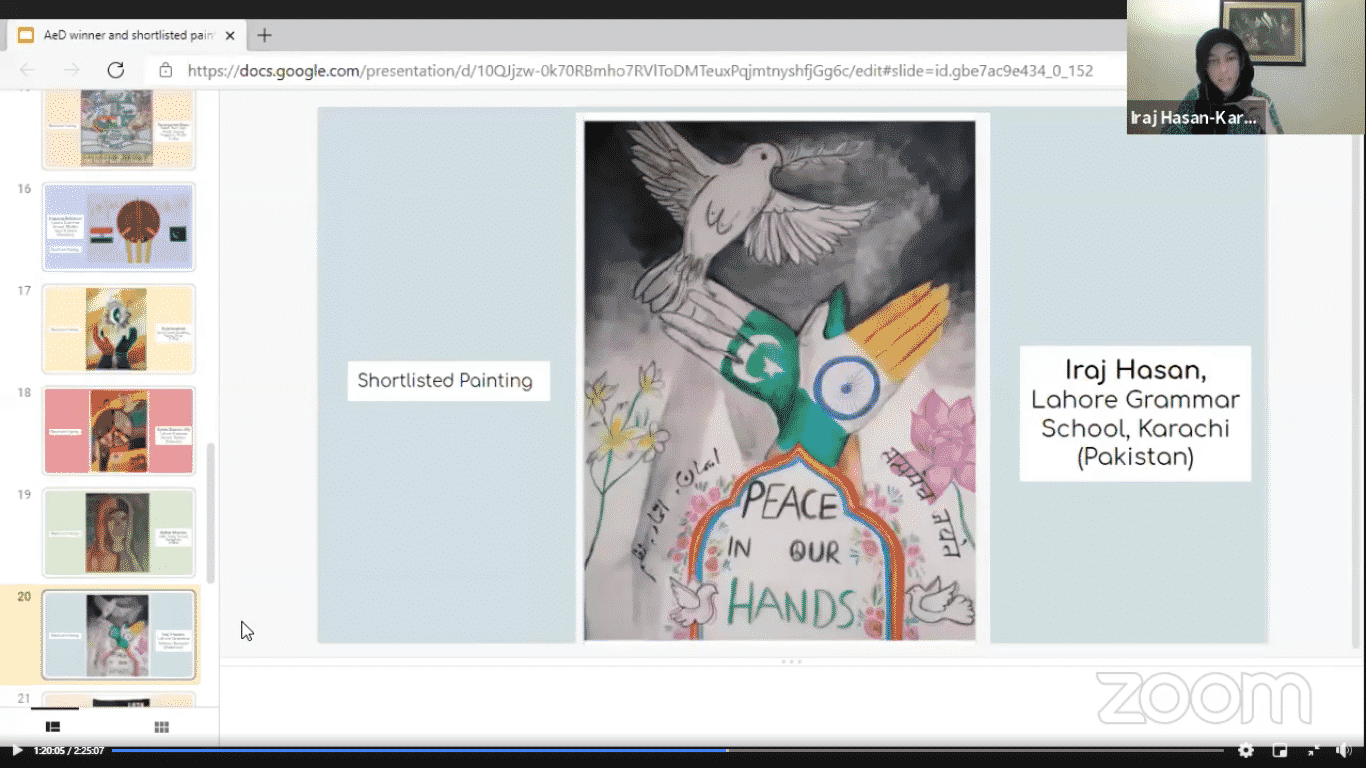
Devika Mittal, Convener of Aaghaz-e-Dosti (India) told that the importance of the calendar is that it is a collection of shared dreams and hopes for friendship which we will be reminded of every day. This calendar is one of our peace education activities in schools and colleges. The purpose of these activities is to enable future leaders to forge the path to a better world by engaging them with aspects of critical thinking, civic engagement and dialogue as solutions. She told that this year again Aaghaz-e-Dosti received many paintings from many schools of Pakistan and India. In these nine years, Aaghaz-e-Dosti has received paintings from school students from many states and provinces of India and Pakistan. Aaghaz-e-Dosti started in the year 2012 by Mission Bhartiyam and later collaborated with different organizations to foster peace and promoting people to people friendship. As a non-political, non-religious and not for profit initiative, Aaghaz-e-Dosti works completely on its unique voluntary model and has given peace training to more than 12000 students and youngsters through many Aman Chaupals (peace session) across India and Pakistan and through video conferencing to connect classrooms of India and Pakistan in sessions called Indo-Pak Classroom Connect that facilitates interaction between students of India and Pakistan. Aaghaz-e-Dosti has also conducted a regular Exchange of letters and cards between students of India and Pakistan and exhibited these letters at the renowned Faiz Ghar (house of Faiz Ahmed Faiz) in Lahore. For its efforts, Aaghaz-e-Dosti has been recognized with several awards and got featured in international documentaries.

 Apr 18 2024
Apr 18 2024

